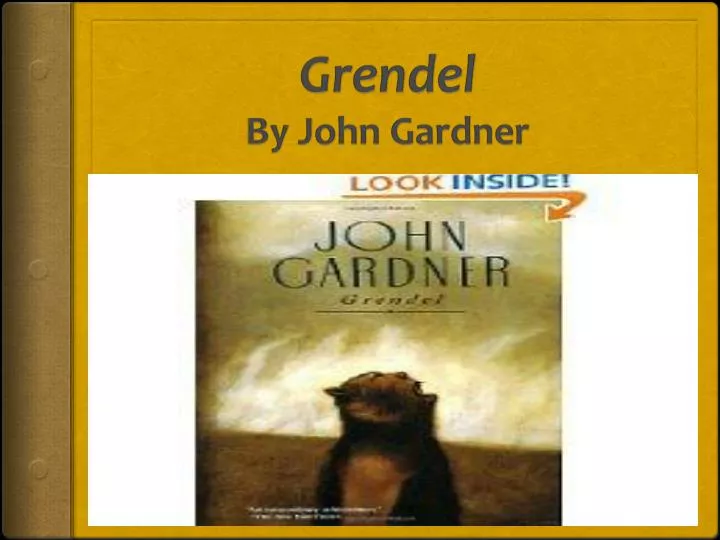



His judgments of contemporary authors-including John Updike, John Barth and other American authors-harmed his reputation among fellow writers and book reviewers. In 1978, Gardner's book of literary criticism, On Moral Fiction, sparked a controversy that excited the mainstream media, vaulting Gardner into the spotlight with an interview on The Dick Cavett Show (May 16, 1978) and a cover story in The New York Times Magazine (July, 1979). His books nearly always touched on the redemptive power of art. He was famously obsessive with his work, and acquired a reputation for advanced craft, smooth rhythms, and careful attention to the continuity of the fictive dream. His two books on the craft of writing fiction- The Art of Fiction and On Becoming a Novelist-are considered classics. He was associated with the Bread Loaf Writers' Conference. Gardner was a life-long teacher of fiction writing. This last book won the National Book Critics Circle Award in 1976. Gardner's best-known novels include The Sunlight Dialogues, about a disaffected policeman asked to engage a madman fluent in classical mythology Grendel, a retelling of the Beowulf legend from the monster's point of view, with an existential subtext and October Light, about an embittered brother and sister living and feuding with each other in rural Vermont (the novel includes an invented "trashy novel" that the woman reads). He was distinguished visiting professor at the University of Detroit in 1970. He received his MA (1956) and PhD (1958) from the University of Iowa. Gardner began his university education at DePauw University, and received his undergraduate degree from Washington University in St. The incident informed much of Gardner's fiction and criticism - most directly in the 1977 short story "Redemption," which included a fictionalized recounting of the accident as an impetus for artistic inspiration. Gardner, who was driving the tractor during the fatal accident, carried guilt for his brother's death throughout his life, suffering nightmares and flashbacks. As a child, Gardner attended public school and worked on his father's farm, where in April 1945, his younger brother Gilbert was killed in an accident with a cultipacker. Gardner was active in the Boy Scouts of America and achieved the Eagle Scout rank. Both parents were fond of poetry, and would often recite their favorite poetry and poetry they wrote about life on the farm at friends' homes. His father was a lay preacher and dairy farmer, and his mother taught third grade at a small school in a nearby village. He is best known for his 1971 novel Grendel, a retelling of the Beowulf myth from the monster's point of view. (J– September 14, 1982) was an American novelist, essayist, literary critic and university professor. The Sunlight Dialogues, On Moral Fiction, Grendel


 0 kommentar(er)
0 kommentar(er)
